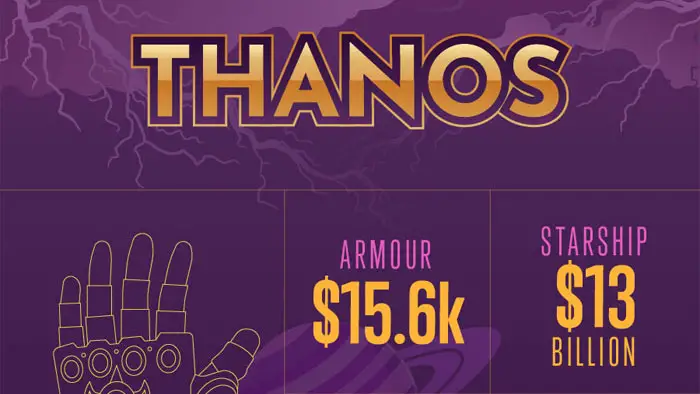
The tribe leader Dhakiyarr shoots a policeman who had taken one of his village’s women, upholding the laws of his tribe, which a shark spoke long ago in the community’s river. The Australian government uses a set of laws that doesn’t involve sharks, and makes little effort to understand those who do. “Dhakiyarr Vs. The King,” screening in Sundance’s World Documentary competition, revisits this conflict in northeastern Australia between the native Yolngu tribe and the Western government, and finds that its aftermath still causes pain 70 years later. While structurally weak and only partly engaging, the documentary covers interesting subject matter.
The documentary is, at heart, about cultural misunderstanding. Dhakiyarr was the lawman in his society, and he saw killing the intruding police officer as part of his duty to protect. The Australians were outraged when people they saw as savages didn’t follow their legal system, and the conflict eventually ended in a confusing and crooked legal mess that followed neither culture’s beliefs. Today, the tribespeople who lived and heard about it still don’t understand, but are preparing a ceremony, to which they also invite the family of a policeman who was killed around the same time. Neither group fully understands what happened, but are ready to make amends while the camera crew captures it.
Directors Allan Collins and Tom Murray don’t do anything incredibly fancy, just observe the tribe’s many dances and songs while tribespeople speak about Dhakiyarr and his murder’s significance. In terms of storytelling, the combination of tribespeople describing the events doesn’t create a great deal of dramatic pull or tell a thorough history, In fact, the film would have become incredibly thin if it were any longer than an hour. But it captures the clashing of two ways of life in a confused environment, and tells an interesting, largely untold part of Australia’s history.

